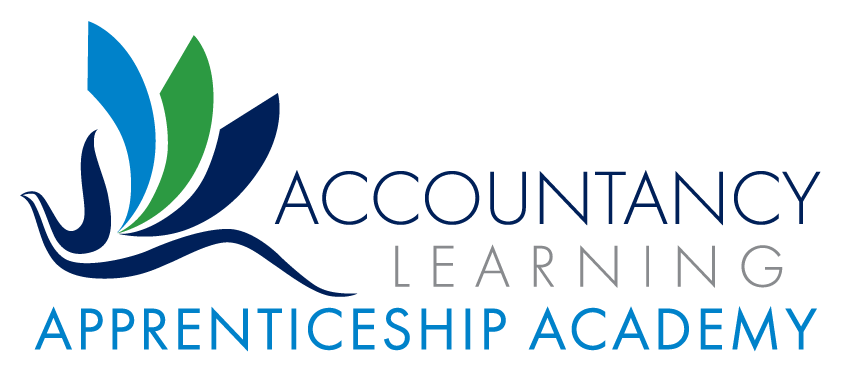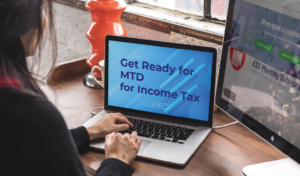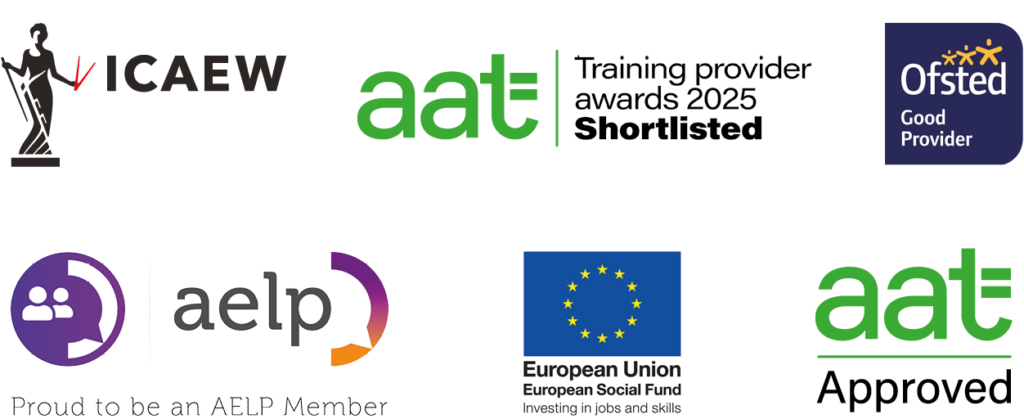As an employer, the success of your accounting apprenticeship programme hinges on how effectively you assess and review your apprentices’ performance. These reviews are not just formalities but pivotal in shaping your apprentices into competent accounting professionals who will add significant value to your organisation.
This comprehensive guide for employers provides practical insights and examples to ensure that reviewing the performance of accounting apprentices is constructive and conducive to their continuous improvement.
The importance of reviewing the performance of accounting apprentices
Reviewing the performance of accounting apprentices is crucial for several reasons:
- It helps you gauge whether the apprentices are meeting the learning objectives set out at the beginning of their apprenticeship.
- It ensures your apprentices develop the skills necessary to become proficient accountants.
- Regular reviews provide opportunities to offer feedback, address issues, and set new goals, ensuring that the apprenticeship remains a valuable learning experience.
Setting measurable goals
One of the first stages in effective performance reviews is setting measurable goals. For accounting apprentices, these goals should align with their learning objectives, depending on which level of accounting apprenticeship they are studying and your organisation’s needs. Clear, measurable goals give apprentices a concrete understanding of what is expected of them and provide a benchmark against which their progress can be assessed.
Here’s a practical example: suppose your apprentice is working on accounts payable for your business or that of a client. A measurable goal could be: “Process a minimum of 50 invoices per day with 98% accuracy.” This goal is specific, measurable, and directly related to the apprentice’s duties. During performance reviews, you can assess their progress toward this goal and discuss any challenges they face.
Conducting effective performance reviews
Performance reviews should be scheduled regularly, such as quarterly, to ensure that progress is monitored consistently. These reviews should be structured and cover key areas of the apprentice’s performance, including technical skills, understanding of accounting principles, and adherence to company policies. Specific actions to consider for effective performance reviews are:
1. Preparation for the performance review
Before the review, gather data on the apprentice’s performance, including their work output, feedback from colleagues, and any incidents or achievements of note. This information will provide a comprehensive picture of the apprentice’s performance.
2. The review meeting
During the review meeting, start by discussing the apprentice’s achievements. Highlighting what they have done well sets a positive tone for the discussion. Next, address any areas where the apprentice may be struggling. Give examples to illustrate your points and clarify what needs improvement.
For example, if an apprentice consistently misses work deadlines, instead of saying, “You need to work faster,” refer to a specific instance: “Last month, your completion of three sets of sole trader accounts was late. Let’s discuss what obstacles you’re facing and how we can overcome them.”
3. Setting new goals
After discussing past performance, set new goals for the upcoming period. These goals should build on the apprentice’s progress while addressing areas for improvement. Ensure that the goals are realistic but also challenging enough to encourage growth.
4. Documentation
Note the key points discussed during the performance review, including any agreed-upon goals and action plans. These notes serve as a reference for future reviews and help to track the apprentice’s progress over time.
Providing constructive feedback
Constructive feedback is an essential component of reviewing the performance of accounting apprentices. Feedback should be balanced, offering praise where it is due while addressing areas needing improvement. The key is ensuring that feedback is actionable, giving the apprentice clear guidance on improving.
For example, if an apprentice has made an error on a client’s set of accounts, instead of simply pointing out the mistake, explain why it was incorrect and how to avoid similar errors in the future. For instance, “I noticed a discrepancy in the reconciliation of accounts last week. Let’s review the process together so you can understand where it went wrong and how to check for this type of error moving forward.”
Encouraging continuous improvement and professional development
A successful apprenticeship is one in which the apprentice continuously improves and develops professionally. Encouraging continuous improvement means creating an environment where learning is ongoing and not confined to the review process. Fostering continuous improvement in accounting apprentices can be achieved by:
1. Professional development opportunities
Encourage apprentices to take advantage of professional development opportunities, such as workshops, online courses, or participating in accounting or client sector-related seminars. This enhances their skills and shows them that you are invested in their long-term career development.
2. Mentorship
Pairing apprentices with a mentor within your organisation can also be highly beneficial. A work-based mentor can guide the apprentice, share valuable insights into the organisation and accounting profession, and offer support that complements the formal review process.
3. Self-assessment
No, we don’t mean in the form of a tax return! Instead, encourage apprentices to engage in self-assessment before each performance review. This helps them reflect on their progress, identify areas for improvement, and prepare their goals for the next review period.
How can apprentices prepare for a performance review?
This guide has focused on helping employers review accounting apprentices’ performance. However, some employers may wish to guide their accounting employees similarly. The AAT has put together a guide for AAT students, which you may want to forward to your apprentices. Click here for the employee guide.
Conclusion
Reviewing the performance of accounting apprentices is a dynamic process that requires careful planning, clear communication, and a commitment to fostering growth. By setting measurable goals, providing constructive feedback, and encouraging continuous improvement, you can ensure that your apprentices are not only meeting your expectations but are also on the path to becoming successful accounting professionals.
Regular, thoughtful performance reviews will benefit your apprentices and contribute to the overall success of your accounting team. They will ensure that your organisation is equipped with skilled, knowledgeable, and motivated accounting professionals for the future.
Accountancy Learning and our role in reviewing the performance of accounting apprentices
All apprentices placed with Accountancy Learning are allocated a personal tutor to guide the apprentice through their detailed learning plan and study programme and provide on demand tutor support. They will also arrange weekly catch-up meetings/tutorials. For our growing number of remote apprentices, these will be performed on MS Teams. For those based in the South West, these can be via face-to-face weekly day release sessions at any of our four classroom venues. In addition, the personal tutor will perform 10 weekly formal progress reviews with both the apprentice and employer.
If you would like to discuss further reviewing the performance of your accounting apprentices within your organisation, we would be happy to have a chat. Please contact us at 01392 435349 or email [email protected].






